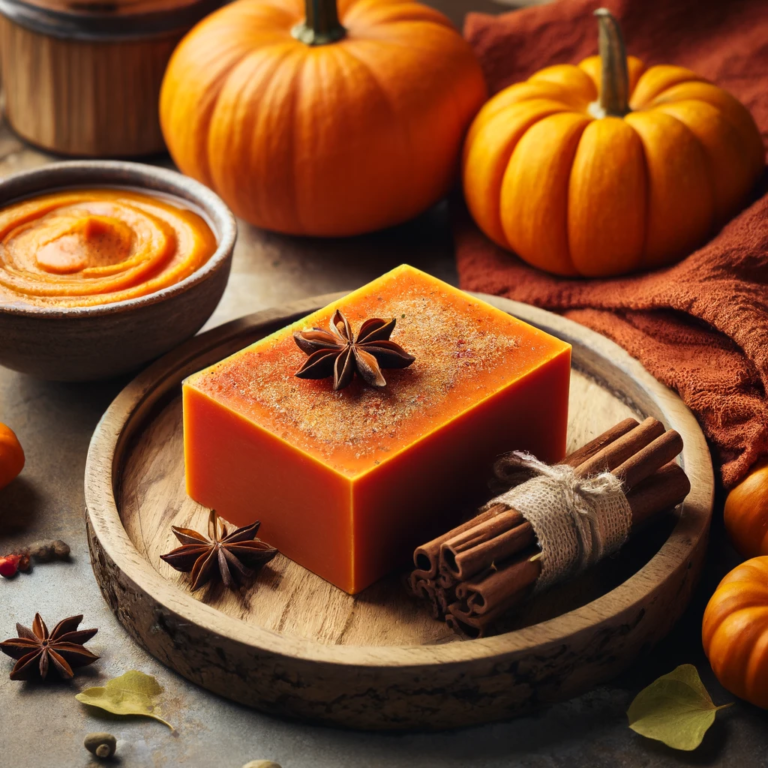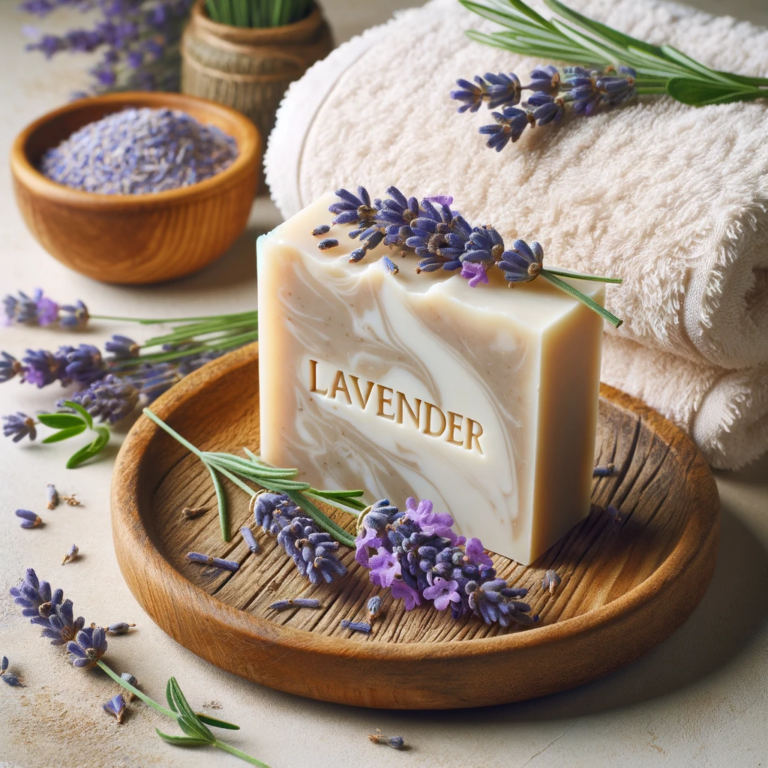Soap making is an art form that blends science with a pinch of creative flair. One of the most exciting ingredients to work with is clay. Yes, you heard that right—clay isn’t just for pottery! It’s a superstar in the soap-making world, offering a host of benefits that can transform a simple bar of soap into a luxurious skin-care product. Let’s get into the nitty-gritty of why clay is such a fantastic addition to homemade soaps.
What is the point in making soap with clay
1. Natural Colorant.
First off, clays come in a variety of naturally occurring colors—from the palest pinks to the deepest greens. This means you can achieve beautiful, earthy tones in your soaps without resorting to artificial dyes, which can be harsh on sensitive skin.
2. Gentle Exfoliation.
Clay has a mild abrasive quality, making it perfect for exfoliation. When used in soap, clay helps remove dead skin cells, promoting fresher, smoother skin. This is particularly beneficial for those with oily skin, as it helps unclog pores without over-drying.
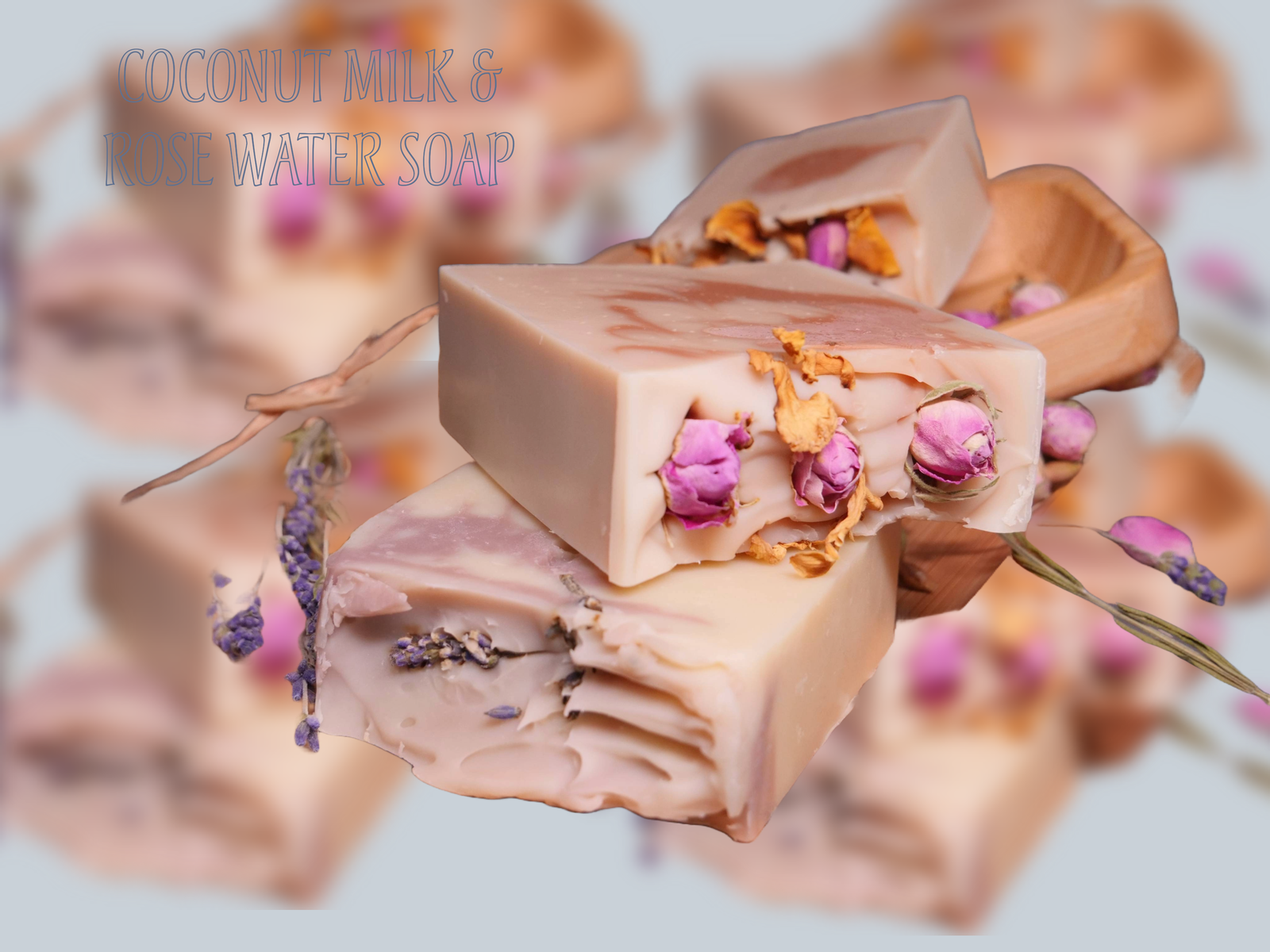


3. Detoxifying Properties.
Clays are known for their ability to absorb toxins and impurities. Bentonite clay, for example, has a strong negative electrical charge, which allows it to bind to positively charged toxins. When used in soap, it helps pull impurities from the skin, leaving it clean and healthy.
At vero eos et accusamus et iusto odio dignissimos ducimus qui blanditiis praesentium voluptatum deleniti atque corrupti quos dolores et quas molestias excepturi sint occaecati cupiditate non provident, similique sunt in culpa qui officia deserunt mollitia animi, id est laborum et dolorum fuga.
4. Improves Soap Texture.
Adding clay to soap not only benefits the skin but also enhances the soap’s texture. It makes the soap silkier and more luxurious to the touch, providing a better lather that feels creamy and rich.
5. Suitable for Sensitive Skin.
Clays like kaolin are incredibly gentle and are often used in products for sensitive skin. In soap, kaolin clay can help soothe irritation and reduce redness, making it ideal for those with reactive skin type
#### **6. Helps Control Oil**
For those battling oily skin, clay soaps can be a godsend. Clays naturally regulate sebum production, helping to keep oil levels in check without stripping the skin of necessary moisture.
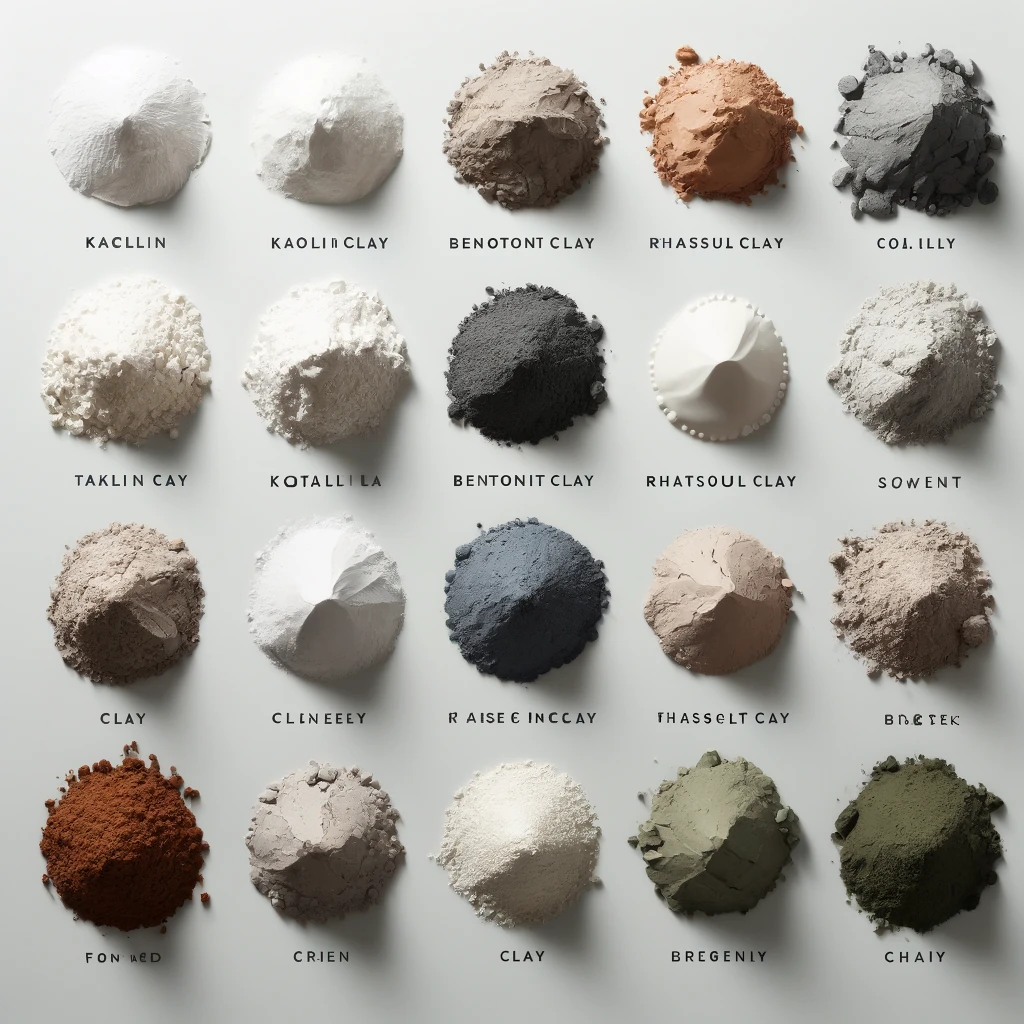
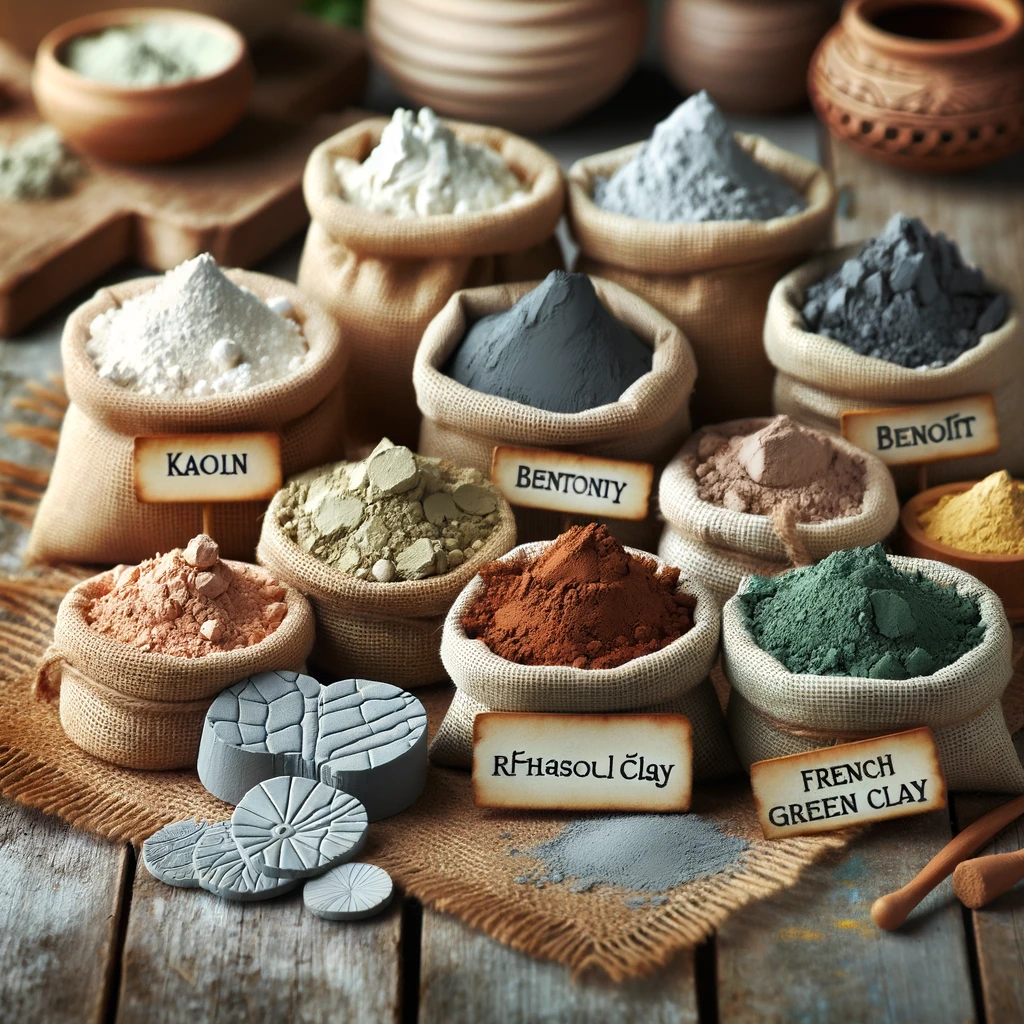
**Types of Clay and Their Specific Benefits**
Now that we know why clay is a beneficial ingredient in soap making, let’s break down some popular types of clay and what they offer:
– **Kaolin Clay:** Often white in color, this is the mildest of all clays and works well for dry and sensitive skin.
– **Bentonite Clay:** Highly absorbent and typically gray, this clay is great for oily skin and heavy-duty detoxifying.
– **Rhassoul Clay:** Rich in minerals and reddish-brown in color, it’s excellent for skin elasticity and texture improvement.
– **French Green Clay:** As the name suggests, this clay is green and is exceptionally good at removing impurities and tightening pores.
**Conclusion: A New Dimension in Soap Making**
Incorporating clay into your soap-making process doesn’t just add a touch of artisanal charm—it also packs your bars with skin-loving benefits. Whether you’re looking to tweak the texture, color, or skin care properties of your soaps, clay can be your go-to ingredient.

